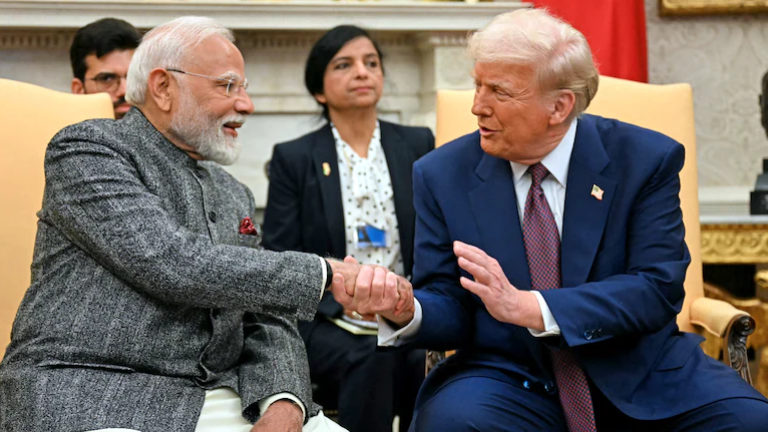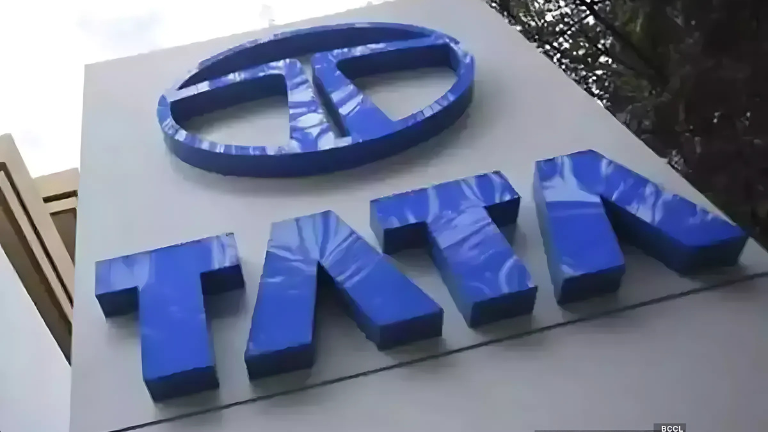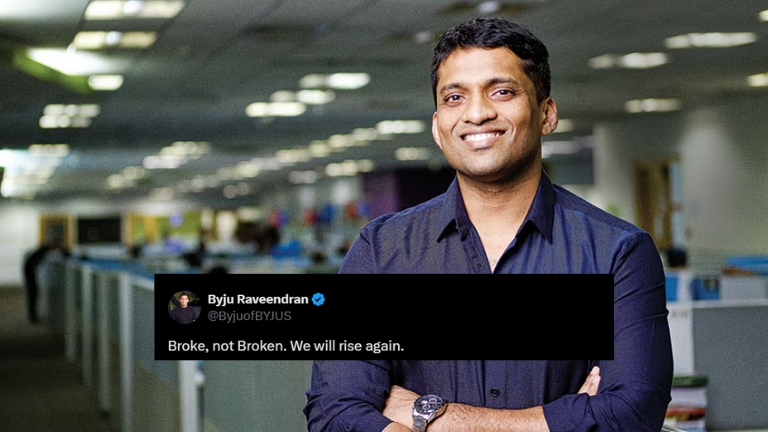Shark Tank India 4 Tesla Logo Controversy: Ritesh Agarwal Calls Out Pitchers for Copying, Still Offers Deal
A recent episode of Shark Tank India Season 4 turned into one of the most intense moments of the season when Ritesh Agarwal, founder of OYO, pointed out that a startup’s brand logo resembled Tesla’s iconic emblem. Despite the controversy, the entrepreneurs still managed to secure a deal, making this pitch one of the most talked-about segments of the season.
The Shark Tank India 4 Tesla logo controversy erupted when two Delhi-based entrepreneurs pitched their cushion brand, Trajectory, seeking ₹1 crore for a 2% stake, valuing their company at ₹50 crore. While the business seemed promising in terms of revenue and profitability, their branding choice led to heavy criticism from the sharks.
The Pitch: How the Tesla Logo Controversy Unfolded
The founders showcased their business, emphasizing their projected ₹15 crore revenue for the year with a 21% EBITDA. Their marketing efficiency impressed Peyush Bansal, as they managed to keep marketing costs below 5%—a rare achievement in the consumer goods industry.
However, the Shark Tank India 4 Tesla logo controversy began when Anupam Mittal immediately questioned their business model, calling it too generic.
“What the hell are you pitching? This is such a commoditized business. Why are you even in it?”
The tension escalated further as the founders struggled to provide direct answers. Anupam cut them off repeatedly, expressing frustration over their long-winded responses and rehearsed jokes that failed to impress.
“Will this story ever end?”
“Your rehearsed jokes aren’t landing, my friend.”
When Namita Thapar inquired about their unique selling proposition, the founders’ response on fabrics and materials failed to satisfy the panel.
“Kya bakwas kar rahe ho? Aap hamesha baat ghuma ke kyu bolte ho?”
(What nonsense are you saying? Why can’t you give a straight answer?)
Ritesh Agarwal Points Out Tesla Logo Similarity
The biggest twist in the Shark Tank India 4 Tesla logo controversy came when Ritesh Agarwal noticed that the Trajectory logo bore an uncanny resemblance to Tesla’s iconic ‘T’ logo.
🔹 The founders attempted to explain the “minor differences” in their design, but Ritesh wasn’t convinced.
🔹 Anupam Mittal burst into sarcastic laughter, making it clear that he saw no originality in their branding.
🔹 Aman Gupta also agreed, reinforcing the criticism.
While branding disputes are not uncommon, this instance raised concerns about intellectual property ethics and brand originality, putting the founders in an uncomfortable position.
Sharks’ Verdict: Mixed Reactions and Harsh Criticism
Following the Tesla logo controversy, three sharks—Anupam, Namita, and Aman—backed out, citing issues of trust and credibility.
🚫 Anupam Mittal: Rejected the pitch outright, finding the business model uninspiring.
🚫 Namita Thapar: Expressed concerns about the founders’ trustworthiness and refused to invest.
🚫 Aman Gupta: Criticized the lack of authentic branding and marketing strategy.
Despite the harsh criticism, two sharks saw potential in the business:
✔ Ritesh Agarwal: Acknowledged the branding issue but still saw scalability in the business.
✔ Peyush Bansal: Impressed with the financial management, particularly the low marketing costs.
Final Deal: Ritesh and Peyush Strike a Conditional Investment
In a surprising turn, despite the Shark Tank India 4 Tesla logo controversy, the founders walked away with a deal.
Final Investment Offer:
💰 ₹50 lakh for 3% equity
💰 ₹50 lakh in debt at 8% interest
However, Ritesh Agarwal attached conditions for scaling the business, which the founders ultimately agreed to.
Key Takeaways from the Shark Tank India 4 Tesla Logo Controversy
The Tesla logo controversy in Shark Tank India 4 highlighted several critical lessons for entrepreneurs:
✅ Originality Matters – Branding plays a crucial role in any business. Copying or resembling established brands can hurt credibility.
✅ Be Prepared for Tough Questions – Founders should deliver clear, concise answers rather than dodging questions.
✅ Humor Doesn’t Always Work – Forced humor in high-stakes pitches can backfire instead of building rapport.
✅ Trust is Key for Investment – Investors prioritize authenticity and transparency when evaluating business opportunities.
✅ Strong Financials Can Still Secure Deals – Even with branding controversies, strong financial management and scalability potential can attract investors.
Conclusion: A Controversial Yet Impactful Shark Tank India 4 Moment
The Shark Tank India 4 Tesla logo controversy showcased how branding missteps can impact investment decisions. While the Trajectory founders faced intense criticism, their financial discipline and scalability potential helped them secure a deal despite the setbacks.
This episode proved that intellectual property concerns are taken seriously in the business world, and founders must prioritize originality and clarity in their pitches.
What’s Your Take?
Do you think Ritesh Agarwal was right to invest despite the Tesla logo controversy? Or should the founders have been held more accountable for their branding choices?
Let us know in the comments!







